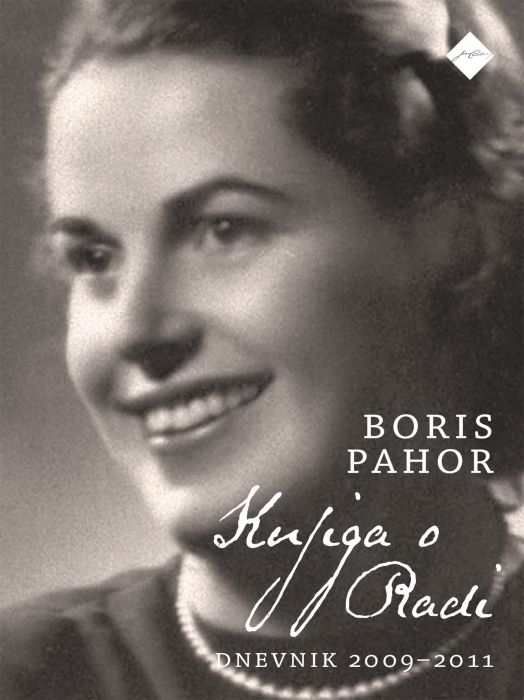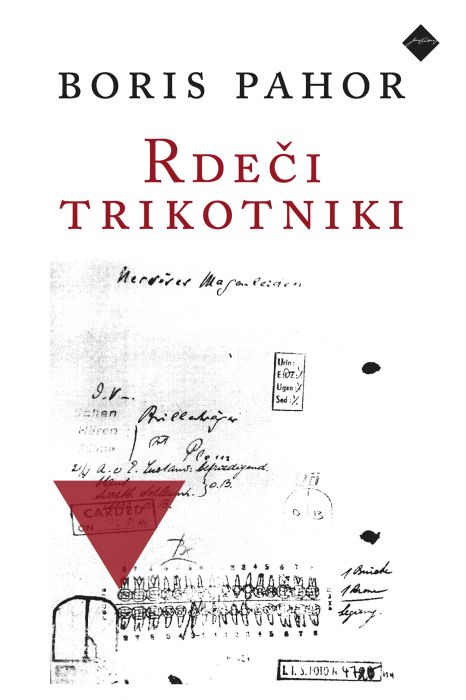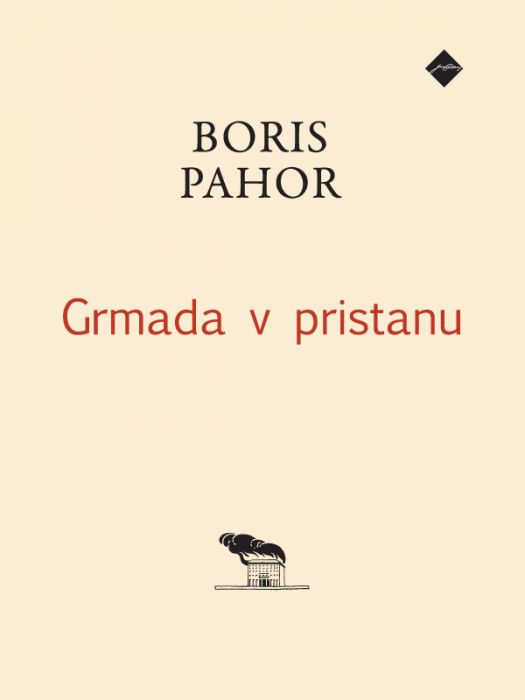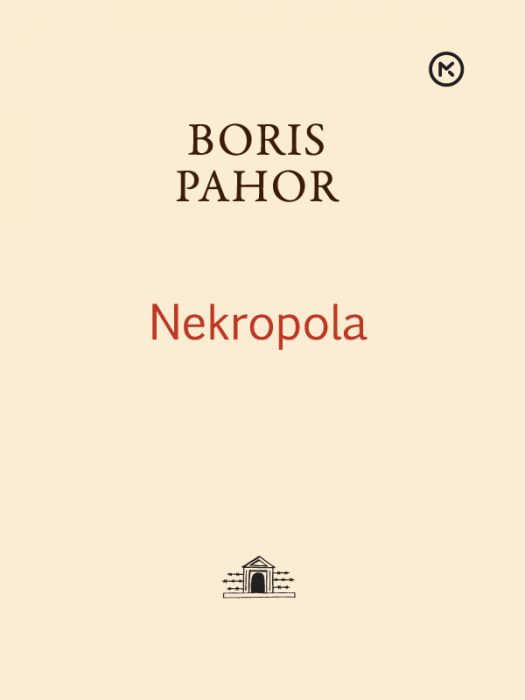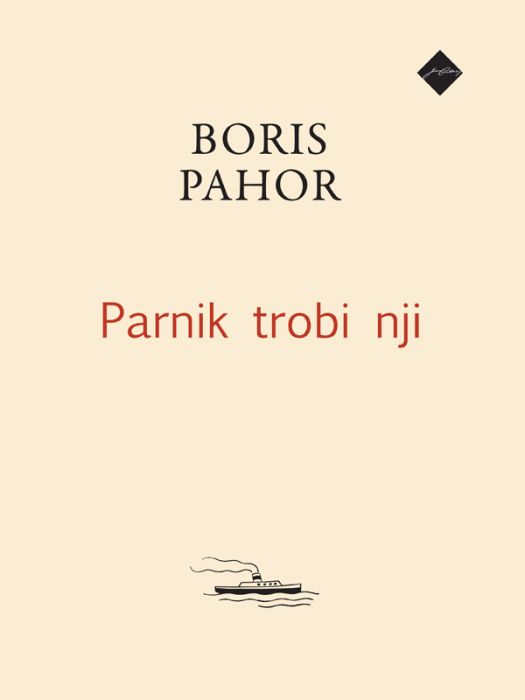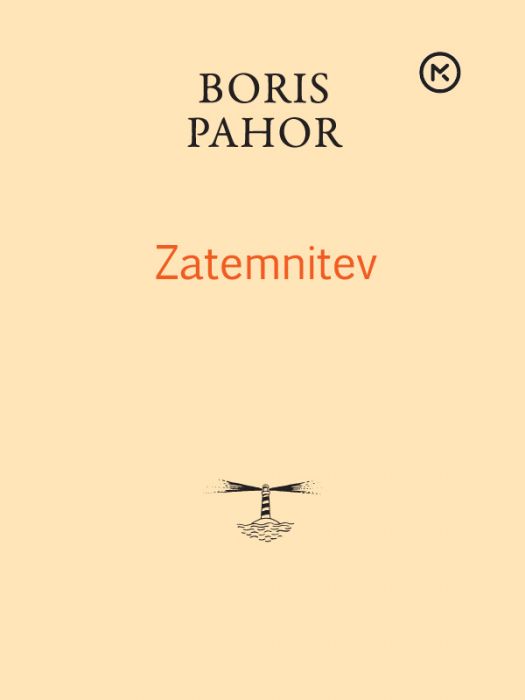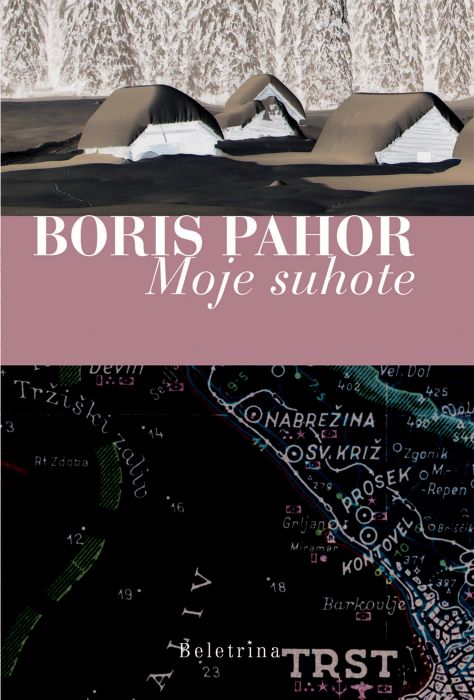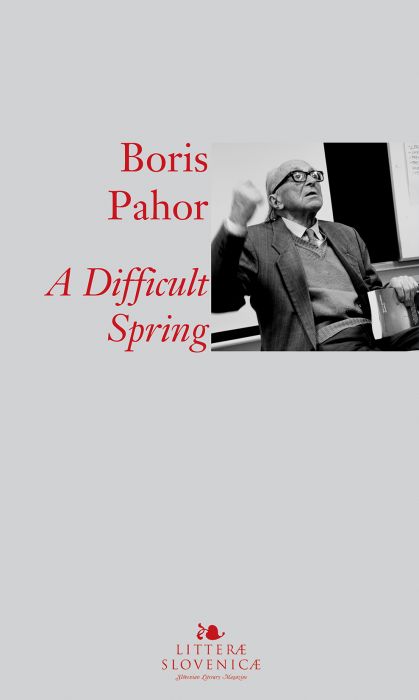Boris Pahor : A difficult spring
Podrobnosti knjige
Sodobni romani (20. in 21. st.)
A difficult spring Boris PahorAfter World War Two, a train carries the physically and spiritually broken people who were taken from all over Europe to the German concentration camps back through the Netherlands to a sanatorium in Paris. The Triestine Slovenian, Radko Suban, who has behind him not only the destruction of the camps, but also terrible experiences with Fascism, is also taken to the sanatorium when a doctor discovers a shadow on his lungs. In the camps, Suban had worked as an orderly, and, with an ever-smaller group of people, had carried the dead to the ovens of the crematorium. At the sanatorium, he falls in love with Arlette, a twenty-four-year-old French nurse who embodies the future, love, and indeed life itself. With her, he experiences occasional moments of romantic intimacy that he had almost forgotten could happen, and enjoys the embrace of the nature around the sanatorium. Because of their different views on the world – Radko's having been formed above all by the cruelty of the camps – they frequently argue and begin to despair about the relationship. In the letters addressed to Arlette and in his reflections, Radko ponders his own psychic destruction as a result of the torment of the camps; without Arlette’s help, he is incapable of loving and understanding the world beyond the camps. While living in the sanatorium, Radko and the other returnees also discuss current political events, which each of the patients interprets in their own way. They pass the time by telling the tragic stories that they have experienced. Radko travels to his native Trieste to visit his mother who is scheduled to have an operation. Arlette promises that, despite pressure from her family to marry a wealthy man in the village, she will wait for him and will one day join him in the Trieste, that Radko has so lovingly and picturesquely described.
| Lastnost | Vrednost |
|---|---|
| Založba | Društvo slovenskih pisateljev |
| Zbirka | Litterae Slovenicae |
| Prevod | Erica Johnson Debeljak |
| Spremna beseda | Evgen Bavčar |
| Leto izdaje | 2016 |
| Strani | 598 |
| Jezik | angleški |
| Tip datoteke | epub |
| ISBN | 9789616995085 |
Izvodov na voljo:
- Prost
- Prost
- Prost
-
Zaseden
Še 3 dni 35 min in 6 sekund
Dolg opis
After World War Two, a train carries the physically and spiritually broken people who were taken from all over Europe to the German concentration camps back through the Netherlands to a sanatorium in Paris. The Triestine Slovenian, Radko Suban, who has behind him not only the destruction of the camps, but also terrible experiences with Fascism, is also taken to the sanatorium when a doctor discovers a shadow on his lungs. In the camps, Suban had worked as an orderly, and, with an ever-smaller group of people, had carried the dead to the ovens of the crematorium. At the sanatorium, he falls in love with Arlette, a twenty-four-year-old French nurse who embodies the future, love, and indeed life itself. With her, he experiences occasional moments of romantic intimacy that he had almost forgotten could happen, and enjoys the embrace of the nature around the sanatorium. Because of their different views on the world – Radko's having been formed above all by the cruelty of the camps – they frequently argue and begin to despair about the relationship. In the letters addressed to Arlette and in his reflections, Radko ponders his own psychic destruction as a result of the torment of the camps; without Arlette’s help, he is incapable of loving and understanding the world beyond the camps. While living in the sanatorium, Radko and the other returnees also discuss current political events, which each of the patients interprets in their own way. They pass the time by telling the tragic stories that they have experienced. Radko travels to his native Trieste to visit his mother who is scheduled to have an operation. Arlette promises that, despite pressure from her family to marry a wealthy man in the village, she will wait for him and will one day join him in the Trieste, that Radko has so lovingly and picturesquely described. About a translator: Erica Johnson Debeljak was born in San Francisco, California, in the United States of America in 1961. In 1981, she moved to New York, where she obtained a degree in French from Columbia University. She also studied business, French literature, and creative writing and found employment at the New York branch of the Banque de Paris. In 1993, she moved to Slovenia, where she married the Slovenian poet Aleš Debeljak. She studied the language of her new home and began a career, first as a translator and then as a writer and columnist. Her literary debut took place in 1999 when she published a series of essays entitled Foreigner in the House of Natives; this was followed by the book Srečko Kosovel: The Poet and I (2004), the collection of short stories You Are So Mine (2007), and the memoir Forbidden Bread (2009). Although she continues to write in her native English, she finds her readership and her themes mostly in Slovenia. She has published two novels with the Modrijan Publishing House: Antifa Cona (Antifa Zone, 2012; translated into Slovenian by Andrej E. Skubic) and Tovarna koles (Bicycle Factory, 2015; translated into Slovenian by Maja Novak. She lives in Ljubljana.
Povezane knjige
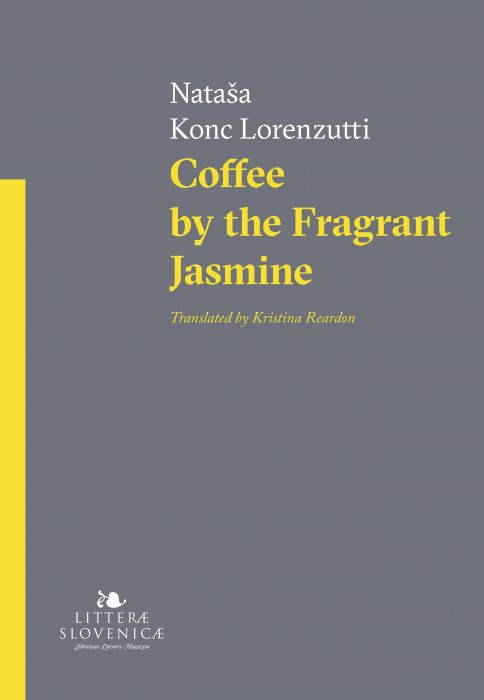
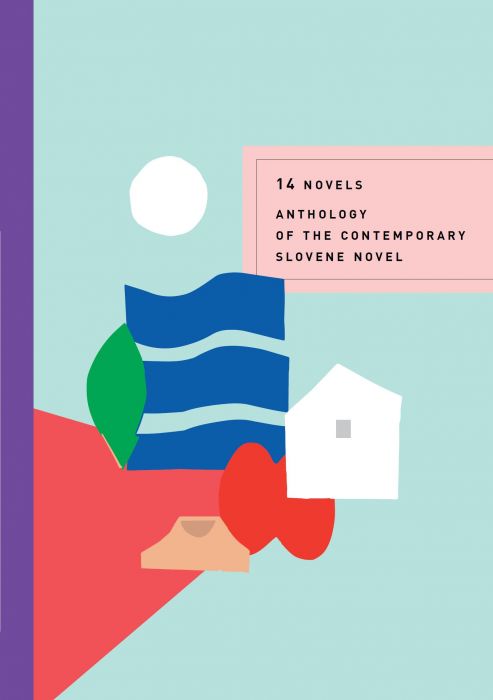
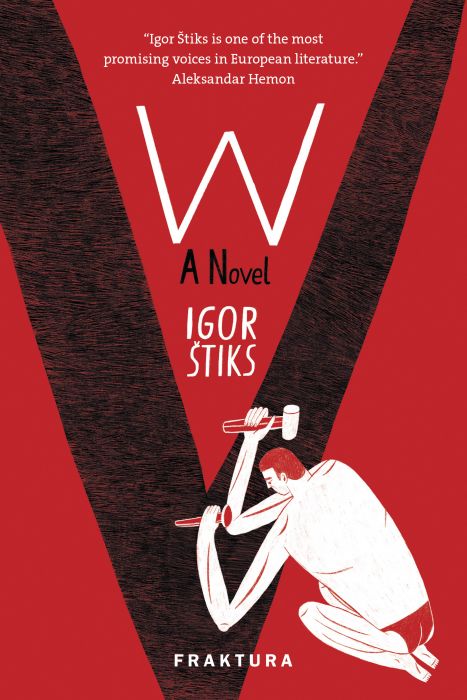
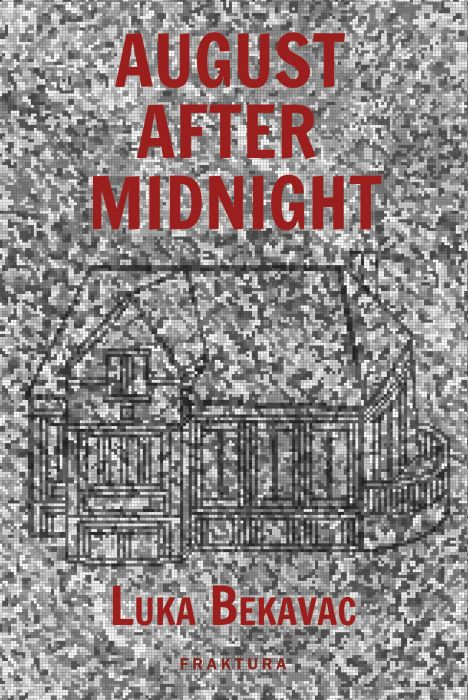
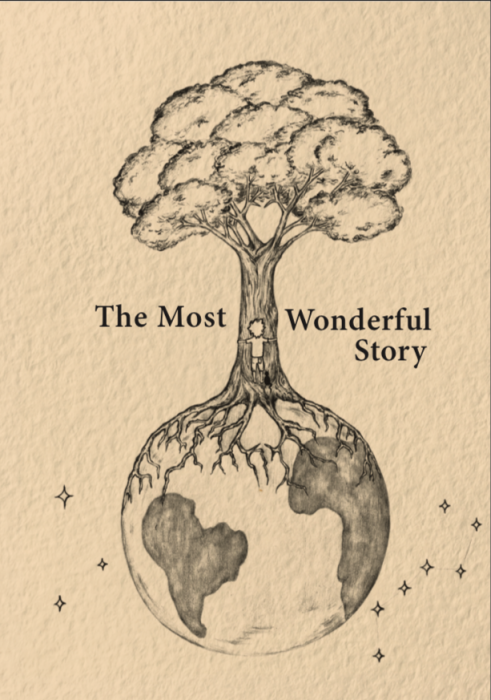

Druge knjige avtorja
